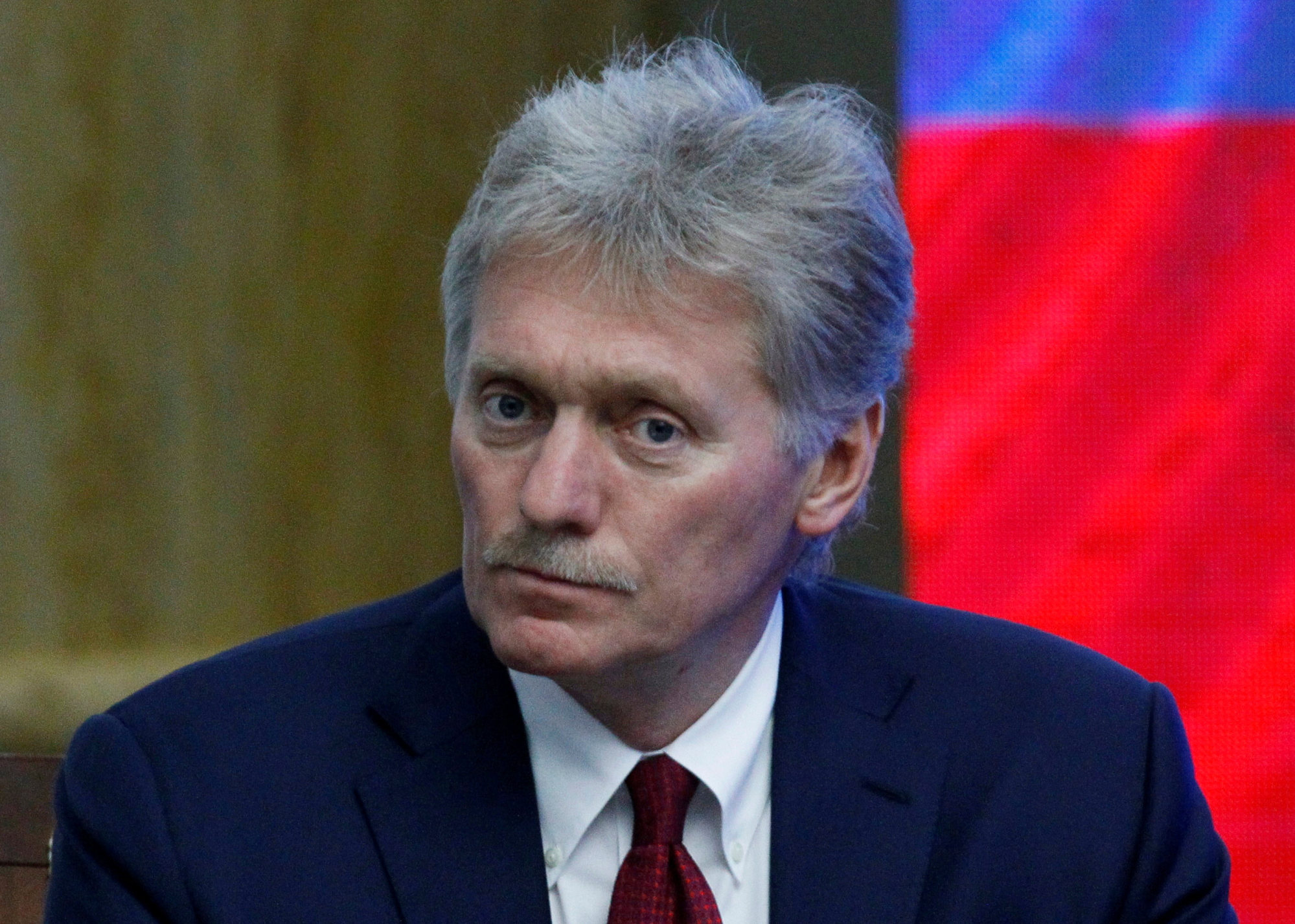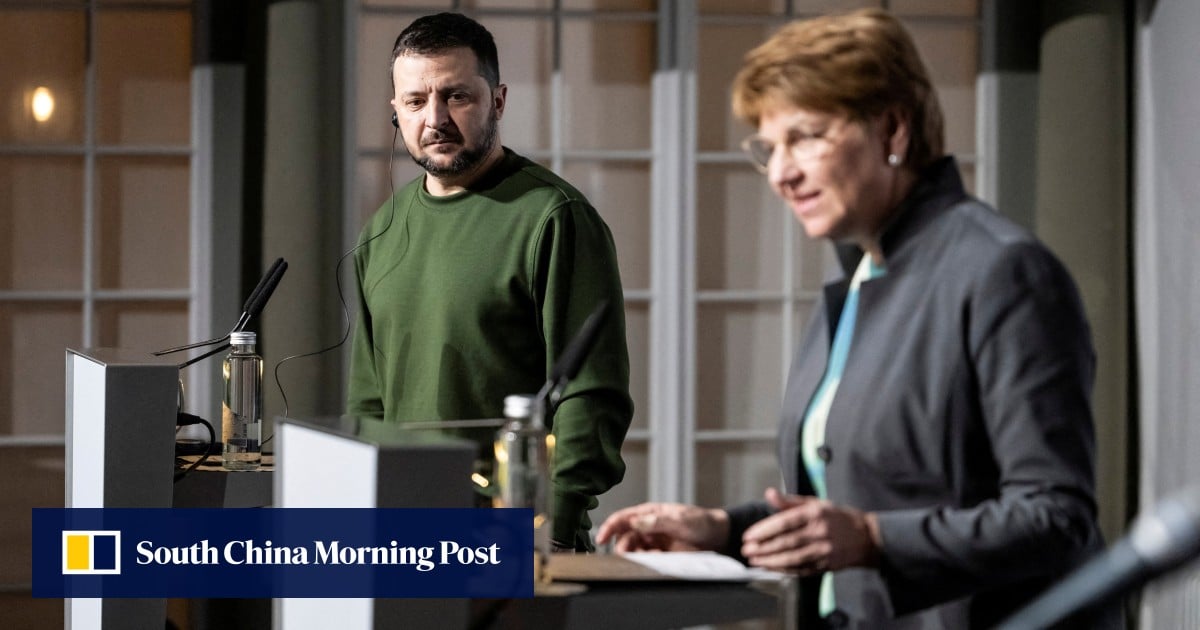“We said many times that the process of [peace] talks without Russia makes no sense,” said Kremlin spokesman Dmitry Peskov.

Russian President Vladimir Putin mocked the conference, saying during a meeting with his Belarusian ally and counterpart Alexander Lukashenko that “it would be funny if it were not sad”.
Putin charged that Russia had not been invited to join June’s talks, while pointing at Swiss recognition that a peace process cannot happen without Russia.
“They aren’t inviting us there,” Putin said. “Moreover, they think there is nothing for us to do there, but at the same time they say that’s it’s impossible to decide anything without us.”
Putin said Russia is open for negotiations, but will never accept “any schemes that have nothing to do with reality”.
Russia’s foreign ministry spokeswoman Maria Zakharova said any action on Ukraine that “ignores Russia’s position” was “detached from reality” and had “no perspective”.
She also criticised the “peace formula” put forward by President Volodymyr Zelensky, which calls for the withdrawal of Russian troops from Ukrainian territory, financial reparations from Moscow and the creation of a special tribunal to judge Russian officials.
“It is common knowledge that the ‘Zelensky formula’ does not envisage compromises or alternatives and totally ignores the proposals of China, Brazil, African and Arab states,” Zakharova said.
Switzerland to host Ukraine peace conference in June – without Russia
Switzerland to host Ukraine peace conference in June – without Russia
She also said Switzerland “cannot be trusted” to be neutral because it “defends Ukraine’s positions, supports the Kyiv regime, applies anti-Russian sanctions and adopted strategies that exclude Russia from the European security system”.
The United States said it had not yet decided on its participation at the conference but scoffed at earlier Russian allegations that the summit would be a pre-election project by US President Joe Biden’s Democratic Party.
“Obviously, that is an absurd allegation by the Russian government,” State Department spokesman Matthew Miller told reporters.
“If this is a diplomatic meeting that the Ukrainian government supports and wants to engage in, we certainly support their right to do so,” he said.
The Swiss government agreed during a January visit by Zelensky to organise a peace conference this year.
It said in a statement on Wednesday that “there is currently sufficient international support for a high-level conference to launch the peace process”.
Traditionally neutral Switzerland has from the start insisted that Moscow must eventually be brought into the talks and has sought to attract China and other emerging powers to the conference.
Meanwhile, the US Cybersecurity and Infrastructure Security Agency (CISA) said Russian government-backed hackers have used their access to Microsoft’s email system to steal correspondence between officials and the tech giant, an emergency directive by the US watchdog released on Thursday showed.
In the directive dated April 2, the agency warned that hackers were exploiting authentication details shared by email to try to break into Microsoft’s customer systems, including those of an unspecified number of government agencies.
The warning that government agencies are being targeted using stolen Microsoft emails follows the company’s announcement in March that it was still wrestling with the intruders, which it nicknames “Midnight Blizzard”.
US general says Ukraine could be outgunned by Russia ‘10 to 1’ in weeks
US general says Ukraine could be outgunned by Russia ‘10 to 1’ in weeks
That disclosure, which set alarm bells ringing across the cybersecurity industry, was followed just last week by a report from the US Cyber Safety Review Board which said that a separate hack – blamed on China – had been preventable, faulting the company for cybersecurity lapses and a deliberate lack of transparency.
CISA declined to name agencies that might have been affected. Microsoft said in an email that it was “working with our customers to help them investigate and mitigate. This includes working with CISA on an emergency directive to provide guidance to government agencies”.
The Russian embassy in Washington, which in the past has denied being behind hacking campaigns, did not immediately return a message seeking comment.
CISA warned that the hackers might have gone after non-governmental groups as well.
“Other organisations may also have been impacted by the exfiltration of Microsoft corporate email,” CISA said, encouraging customers to contact Microsoft for further details.
Additional reporting by Reuters, Associated Press


